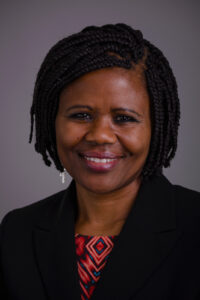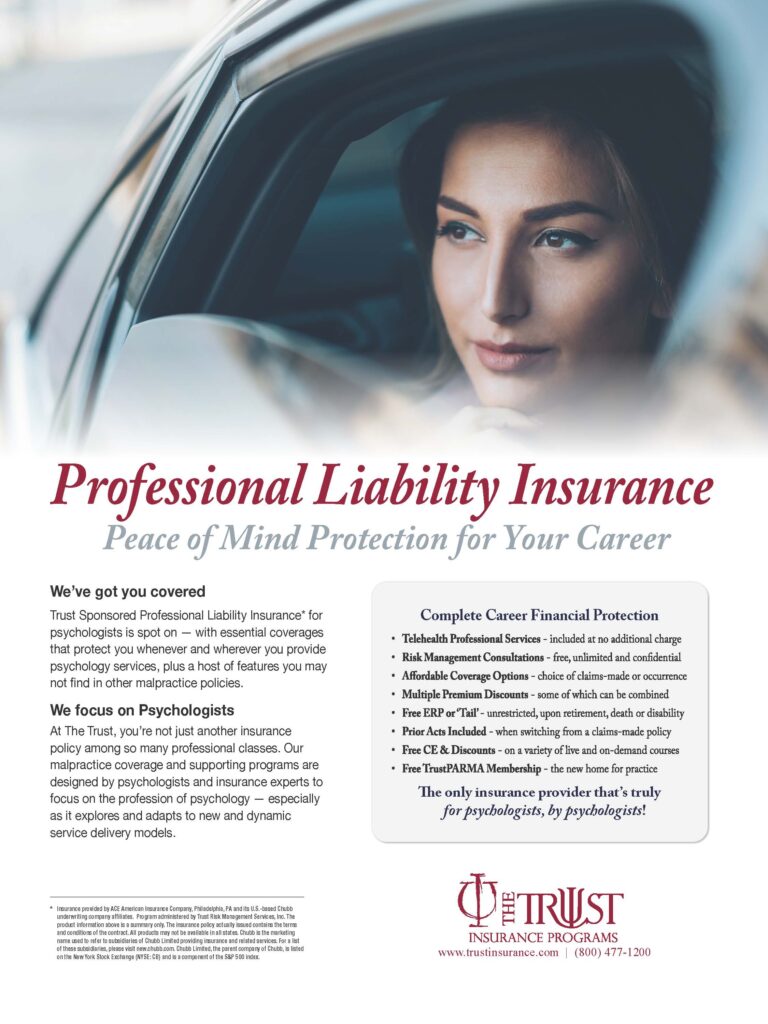Talk Therapy Did Not Work for Me
by Mary Nii Munteh, PsyD
 I was a nontraditional student at my undergraduate and graduate schools. In fact, I sought out psychology to answer specific personal questions as well as questions that I’d encountered in my work as a Franciscan nun. To summarize the content of my wondering mind I’d say at a personal level I wanted to know the following: a) who am I? b) why am I here? c) where do I go after I’m no longer here? From my work with young women in Cameroon I wanted to find out how to heal invisible wounds that manifest as struggles in interpersonal relationships especially in communal living situations. At the time I was thinking that most people can do okay within their families but if you have to interact with others who don’t know you the way family does, you need more.
I was a nontraditional student at my undergraduate and graduate schools. In fact, I sought out psychology to answer specific personal questions as well as questions that I’d encountered in my work as a Franciscan nun. To summarize the content of my wondering mind I’d say at a personal level I wanted to know the following: a) who am I? b) why am I here? c) where do I go after I’m no longer here? From my work with young women in Cameroon I wanted to find out how to heal invisible wounds that manifest as struggles in interpersonal relationships especially in communal living situations. At the time I was thinking that most people can do okay within their families but if you have to interact with others who don’t know you the way family does, you need more.
School was extremely hard because every class that wasn’t directly responding to one or the other of these questions was like torture to me. Additionally, I’m a sensitive action-oriented individual who likes to get things done the easiest way possible and with high efficiency. I like seeing things done and assessing outcomes and making changes. I don’t know how true this happens in real life but I’m fiercely dedicated to this way of living which leaves makes me not so fun to be around if you don’t like change or take your time to digest life before you move on. I’d love to be that way naturally but it’s not my default but I’m making progress as I gain more wisdom with time. Challenges with graduate school and a desire to know myself better led me to seek out my first therapist.
It intrigued me when one of my professors said that it used to be a requirement for graduate students in psychology to do their personal therapy as part of the training but the requirement was dropped at some point. I appreciated the fact that I had the freedom to do it myself if I wanted to which eventually led me to find my first therapist. Why did I think I needed one?
When I look back now I’m amazed at what was going on at the time. I was in my 30s, living alone in the USA, but connected to a lovely community of Franciscan nuns who were all Americans. My family, friends, and everything that I was familiar with was back in Cameroon. But I was determined to answer some important life questions and felt fortunate to be studying in the USA – a dream I’d manifested against too many odds. And I was determined to find answers for myself and for people I was already helping through my practicum work as a student. Needless to say, there was an immense internal pressure going on for me at the time and that led me to therapy.
I attended two sessions with a counselor who also happened to be Christian I think and was delighted to hear that I was a nun. In the second session, she tried to help me using a bible reference. I never went back to her after that. In case you think this therapist did it wrong, let me tell you I have already had more than one experience of slipping the same way she did with some of my clients. Some like me haven’t returned and others have returned to talk with me why it wasn’t helpful for them that I made the reference to their religion or spirituality or culture. From both I have grown and will continue to grow. I believe that both therapist (me) and clients are a work in progress…and that is perfectly fine.
After that first experience, I took my time to find the next therapist and decided to work with one of my professors after I took a group therapy class with him. It didn’t occur to me that being good at group therapy may not translate into individual therapy skills. In addition, he suggested we do therapy on the phone which I thought wasn’t a good idea then but the distance to travel to where his private practice was located was too great. If you are familiar with Chicago, it was traveling from Hyde Park to Evanston which would have been a full day’s activity to go therapy and I couldn’t afford to take a day off for therapy as a graduate student. I had a sense that this therapist thought I was an amazing human being and it was nice to know that but I didn’t feel wonderful about myself. The disconnect between what he held about me (which I appreciated) and how I felt about myself was jarring to me.
The day to day angst in my life was immense. I was navigating a culture I understood very little about, no one knew who I was and what my story was. I had no real friends, I went home to myself, was trying to help family back home, and couldn’t stand a “B” grade in any of my classes. I turned to popular self-help gurus for help and listened to Hay House Radio and on one occasion called in and one of the host said a prayer for me that shifted something inside me. I taught myself Emotion Freedom Technique (EFT or Tapping), which became my go to self-help tool for the rest of graduate school and internship.
The experience opened my eyes to experiential therapies. I think of them as therapies that require you to engage in experiencing whatever you would have otherwise talked about. I love them because they allow the person to develop an internal connection with themselves while getting help or guidance from therapist. My favorite experiential therapies are those that are designed to connect the cognitive and emotional experience of the person in real time and allow the client to encounter a story or an experience and interact with it in a way releases the old feelings and thoughts and opens up space for new ones.
My affinity for these types of therapies have led me to study several modalities including Self-Directed Compassion also called The Compassion Key, Eye Movement Desensitization and Reprocessing, The Release Process, and more recently the Internal Family System. While each one of the aforementioned modalities have yielded great results both in my personal healing journey and in my client’s experiences, the Internal Family System work has wowed me beyond words. In my personal self-applied experience, it has started contributing toward an inner sense of integration that I only dreamt about for decades. In my clients’ work, the results have re-ignited my initial questions especially the question about, “what happens after we are no longer alive?” One of my client’s met her dead grandmother and they both worked through grief they didn’t have a chance to process when she was alive. The shifts in the client have been palpable ever since that life-changing session.
I’m curious to know if you feel comfortable sharing. What are your favorite experiential therapies and why?
Mary Nii Munteh is a Licensed Clinical Psychologist in the State of Iowa. She completed her undergraduate work at Viterbo University in La Crosse, WI and graduate studies at the Adler University in Chicago. Her internship was done at University of North Carolina Chapel Hill and Post-doctoral Fellowship was at Iowa State University Counseling Center. In her training years she worked in community mental health, residential treatment, and college counseling. As a therapist she has served in college counseling, group practice, and is currently in solo private practice. Her passion is healing trauma including developmental trauma, acute, chronic, and in the future complex trauma, and associated diagnosis of depression, anxiety, bipolar disorder, etc. You can reach her at mary@drmarymunteh.com or at 515-726-3400.
